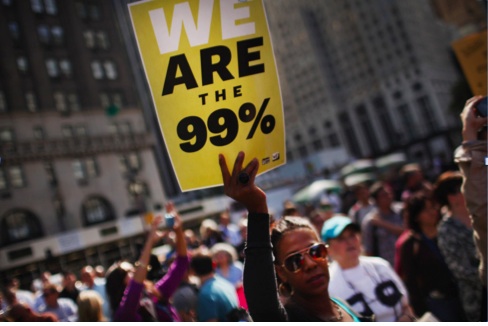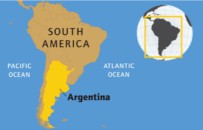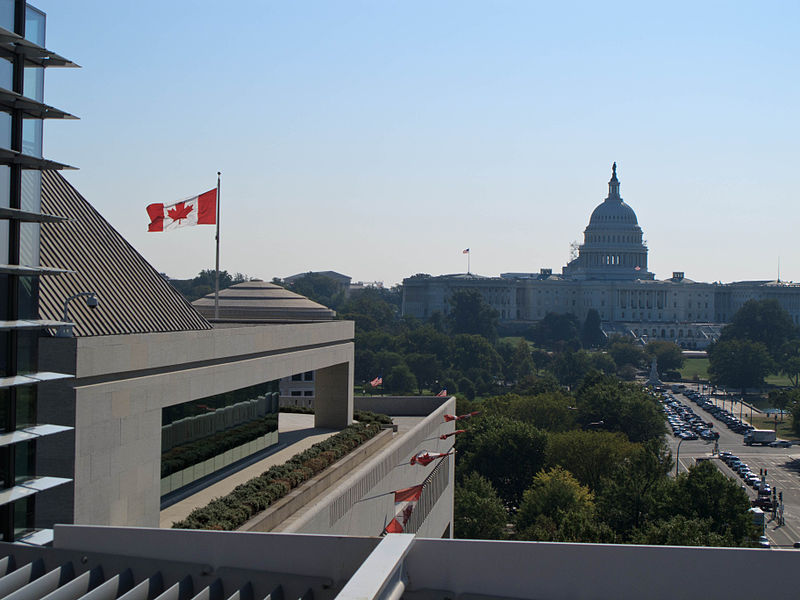The Occupy Movement was born three years after the major credit crisis of 2008 that affected the economic world. Around the world, many people protested the inequalities of the economic systems of their countries. Whether it was the United States, Canada or anywhere else, the message seemed to be the same. People wanted a new way to live in a society where the financial system was not as corrupt or susceptible to the issues that have been ongoing, particularly in a capitalist economic system.
Now in 2015, the Occupy Movement no longer seems to be catching the attention of the media. A few signs of the movement can still be seen and considered relevant to the issues society is currently facing. For example, US Democratic candidate Bernie Sanders has been attracting the support of many former Occupy protestors, who were active in Occupy Wall Street in the United States. His messages include the notion of the 99% versus the 1% wealthy.
In Canada, Quebec students took to occupying schools outside Montreal, using many of the similar methods of past Occupy movements in Canada.
However, from 2011 to the few pocket movements still around in 2015, what seems to be similar, particularly in the US and Canada, is a lack of long-term action. For example, in the early stages of the US Occupy movements, people were being arrested, but later year after year, people only congregated to celebrate the anniversary of these movements. No actual lasting impact seems to have been made in regards to change.
Hong Kong, whose own Occupy movements caught the world’s attention at first, has now created an exhibition of the movement. This seems improper for what Occupy meant, by making the movement an exhibition, it shows that the impact was only subtle and is now history, perpetuating the message that the Occupy movements around the world resulted only in protests and awareness with no permanent long-term solution to economic inequalities.
Currently, it appears that the Occupy movements have disappeared or disintegrated into various smaller causes.
One country where there has been more permanent change is Argentina, where people appear to have taken the opportunity to participate as citizens to instigate positive change in their country and demand more accountability so that future economic inequalities can be avoided. Their route seems to be working.
Argentina: Occupying, Resisting, and Producing
Argentina’s idea of occupying started in the mid-1990s, but gained considerable momentum after the 2001 economic crisis. Rather than just protesting and demanding that the government do something, what the large working population of Argentina did, was take over abandoned factories and run the factories themselves, in what are called worker cooperatives. The workers would occupy abandoned factories, then resist any attempts at removal by law enforcement and/or the factory owners and then produce materials out of those factories. Thereby creating and maintaining jobs.
Argentina’s internal problems led it to borrow extensive foreign capital. Concessions that Argentina was making in order to receive aid from the International Monetary Fund and the World Bank appeared to do more harm than good and led to internal economic problems.
This movement of occupying, then resisting those who wish to take the workers out of the factories and then producing created an immense impact. So much so, that the workers were able to continue to take over abandoned factories to this day under the law of expropriation that the government of Argentina sanctioned for the workers. The government of Argentina continues to show this support for the recovery factory movement by the workers.
In fact, the government of Argentina is currently in a dispute with Spain. The government of Argentina is using the law of expropriation itself to reclaim state-owned enterprises. In the case with Spain, in 2014, Argentina made the move to expropriate the Spanish oil company Repsol. It seems that the common movement amongst the workers of Argentina has now influenced their own government.
In 2015, the government of Argentina has continued to make progress with expropriation. The government would like to expropriate the railway system. As well, it is in a battle with a US litigation fund group and a Spanish company that managed the airline Aerolineas Argentinas, which the Argentina government expropriated in 2008. The outcome of the disputes will determine the limits of Argentina’s actions.
What does this worker led movement have to do with Occupy? Perhaps it is showing an alternative to protesting. This movement has thrived in Argentina and continues to because the workers are now able to do so with the full force of the law. While Argentina’s laws appear to be unfairly skewed against the original investors in the factories and expropriated enterprises, it might be possible for those who wish to see actual results in other countries to work with their governments within existing or new laws to find ways to improve their economic conditions.





